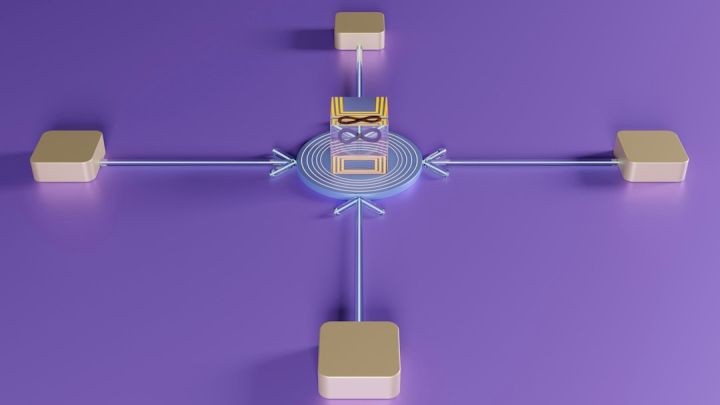What Are the Core Principles of Devops Culture?
In today’s fast-paced world of software development, companies are constantly striving to deliver high-quality software at a rapid pace. This is where DevOps comes into play. DevOps, a combination of development and operations, is a culture that promotes collaboration, communication, and integration between software developers and IT operations teams. By breaking down the traditional silos and fostering a culture of collaboration, DevOps enables organizations to build, test, and release software more efficiently. In this article, we will explore the core principles of the DevOps culture and how they contribute to its success.
Automation: Streamlining Processes for Efficiency
One of the core principles of DevOps is automation. By automating repetitive tasks, organizations can eliminate manual errors and improve efficiency. This includes automating the deployment process, configuration management, testing, and monitoring. With automation, organizations can ensure that software is deployed consistently and reliably, reducing the risk of errors and downtime. By automating testing, developers can quickly identify and fix bugs, ensuring that the software meets the required quality standards. Overall, automation plays a crucial role in accelerating the software delivery process and increasing productivity.
Continuous Integration and Continuous Delivery: Speed and Reliability
Continuous integration and continuous delivery (CI/CD) are key principles of the DevOps culture. CI/CD involves integrating code changes frequently and delivering them to production in small, incremental steps. By integrating code frequently, developers can identify and resolve conflicts early, reducing the effort required to fix them later. Continuous delivery ensures that software is always ready for deployment, enabling organizations to release new features and bug fixes more frequently. This approach also minimizes the risk associated with large, infrequent releases, as any issues can be quickly addressed. CI/CD promotes a culture of speed, reliability, and continuous improvement.
Collaboration and Communication: Breaking Down Silos
DevOps emphasizes collaboration and communication between development and operations teams, as well as other stakeholders involved in the software development process. By breaking down silos and fostering a culture of collaboration, organizations can improve efficiency and reduce bottlenecks. Developers and operations teams work together to understand each other’s requirements and constraints, enabling them to make informed decisions and find the best solutions. Effective communication ensures that everyone is on the same page, reducing misunderstandings and minimizing rework. Collaboration and communication are essential for successful DevOps implementation.
Monitoring and Feedback: Continuous Improvement
Continuous monitoring and feedback are integral to the DevOps culture. By monitoring the performance of software in production, organizations can identify and address issues proactively. Monitoring helps to ensure that software is performing as expected, and any deviations or anomalies can be quickly detected and resolved. Feedback from users and stakeholders is also crucial for continuous improvement. Organizations can gather feedback through various channels, such as surveys, user interviews, and monitoring user behavior. This feedback provides valuable insights into the user experience and helps organizations prioritize and plan future enhancements. By continuously monitoring and gathering feedback, organizations can iteratively improve their software and deliver value to their users.
Conclusion: Embracing the DevOps Culture
The core principles of the DevOps culture, including automation, continuous integration and continuous delivery, collaboration and communication, and monitoring and feedback, are essential for organizations looking to accelerate their software delivery process and improve the quality of their software. By embracing these principles, organizations can break down silos, foster collaboration, and create a culture of continuous improvement. DevOps is not just a set of tools and practices, but a mindset and culture that promotes efficiency, speed, and quality in software development. Embracing the DevOps culture can lead to significant benefits, including faster time to market, increased productivity, and improved customer satisfaction.






